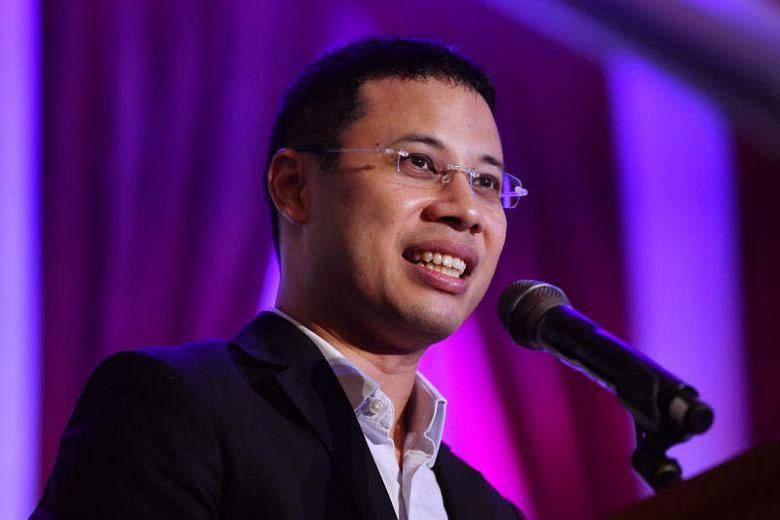SINGAPORE - Singaporeans who want to get someone to make decisions on their behalf if they become mentally incapacitated will soon face a much shorter - and easier - application process.
The changes, which kick in on Aug 1, will allow applications for what is called a Lasting Power of Attorney (LPA) to be accessed electronically while the waiting period has been slashed from six to three weeks.
Social and Family Development Minister Desmond Lee announced the moves during the Alzheimer's Disease Association charity luncheon on Saturday (July 20).
Mr Lee urged people to make an LPA: "It allows you to appoint a family member to legally manage your assets and personal welfare in the event that you lose mental capacity."
Individuals can appoint others through an LPA to make decisions for them in areas involving their welfare and finances if they lose their mental capacity through dementia, for example.
About 67,000 people have already appointed someone to make decisions on their behalf if they become mentally incapacitated.
There is a mandatory waiting period of six weeks after the LPA application is accepted by the Office of the Public Guardian, which protects the interests of those who lack mental capacity. If no objections are lodged during this period, the office will register the LPA.
The shortened waiting period of three weeks will reduce the overall time required to make an LPA, "while still ensuring sufficient time for valid objections to be raised", said the ministry.
Fewer than 0.1 per cent of LPA applications were objected to or withdrawn during the mandatory waiting period from 2016 to 2018.
The other reform will allow people who apply for the LPA from Aug 1 to access the legal document through an online portal.
Under the current process, the person appointed to make decisions on behalf of another person would have to produce the original hard copy document to relevant institutions such as banks or hospitals to make a transaction.
The new system will let applicants easily access and share their LPA with the relevant third parties, said the ministry.
The soft copy of the LPA can still be printed out if needed.
Caregiver Priscilla Tan, 38, who last year applied for LPA for her father who has dementia, said the six-week-long waiting period worried her.
"My father's condition was worsening. So we were waiting for weeks, worried about whether it will be approved," she said. "If it is not approved, it will be a long process. They have to go for further interviews to get it approved."
"So I have peace of mind now that it was approved and I can make decisions for my father if I need to."
If a person loses his or her mental capacity without making an LPA, family members have to apply to the court for the right to make decisions on their behalf, a far more tedious and costly process, say experts.
More support is under way to caregivers whose loved ones lost their mental capacity without first making an LPA.
This includes plans to simplify the application process for caregivers who want to apply as a Deputy.
Other recommendations - made by the Committee to Review and Enhance Reforms in the Family Justice System - include plans for counselling and mediation as well as training for these caregivers.
The public will be able to share their views on the recommendations in the coming months.
Alzheimer's Disease Association chief executive Jason Foo said the changes will help ease the burden of caregivers.
"Even though it is a difficult topic for families to talk about, planning the care process for when an elderly loses mental capacity will help both the elderly and their loved ones live less stressful lives and make their time together more meaningful," he said.

